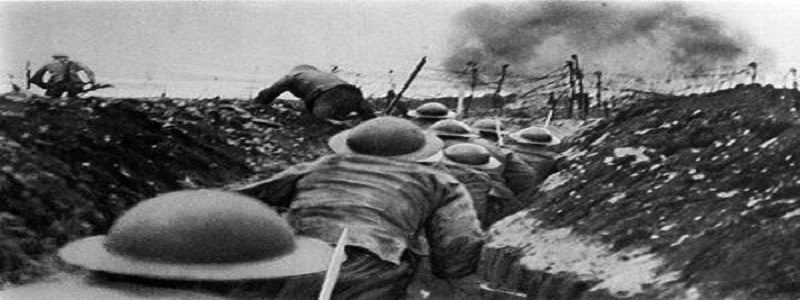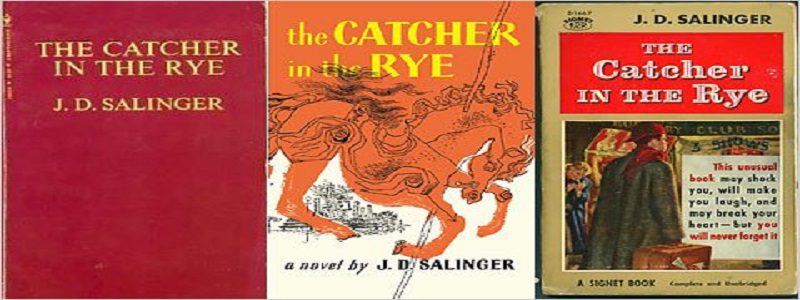The Great War and Academic Argument
World War I was cataclysmic not only in the death and destruction it wrought on the battlefield (with more than 10 million killed), but also in its shattering in the Western world (certainly in Europe) of certain kind of belief in the nobility of civilization and the inevitability of progress. “The war to end all wars,” in H.G. Wells’ immortal phrase, and the war that would “make the world safe for democracy,” according to President Woodrow Wilson — the idealism that inspired these phrases sounded bitterly ironic after the War, and by 1918 sardonic clouds had settled over the European psyche to stay.
This argument-based project teaches World War I through debates about the deepest causes of that conflict. It brings together primary and secondary textual and video sources to teach content through the framework of academic argument.
Argumentalizing “Quick & Easy” Curriculum
Not every meal we prepare (or eat) at home is elaborately planned, prepared, and presented. Sometimes we cook “quick & easy” meals, but even these we generally aspire to make nutritious, balanced, and appetizing, too. Similarly with our classrooms: though we strive to be planned, ready, and prepared every day, we are not always implementing finely wrought, meticulously developed curriculum. But we should make these lessons college-directed and academically nourishing, too. What follows is an example of just such a “quick & easy” piece of curriculum, argumentalized.
One of our partner high schools recently took students to see the wonderful production of A Christmas Carol at the Goodman Theater in Chicago. So I suggested an easy-prep argument-based seminar on the day after the trip (with possibly some de-brief and short writing for follow-up the next day).
Concentrating and Practicalizing SAT Skills Insight
The SAT suite of assessments have emerged as probably the leading tool for measurement of secondary school learning and student achievement. The SAT, of course, is one of the two national college admissions exams, which makes it an inherently important test for high schools committed to preparing all of their students for college. The PSAT 9th and 10th grade assessments help keep students on track for the continued development of the skills that the exam, and its College Board designers, believe are essential to be college-ready. And for a growing number of states – twelve right now, including Illinois – the SAT suite is used for required assessment of all public high school students, in many instances as a replacement for the Common Core assessments PARCC or SmarterBalanced, with the reasoning that the SAT is CCS-aligned and thus administering it covers both college-entrance and CCS assessment in one test.
Webb’s Depth of Knowledge Taxonomy and Argumentation
Voice, Language, and Characterization: ‘The Catcher in the Rye’ and Argument Stations
Overview
Holden Caulfield still has one of the most distinctive, recognizable, and influential voices in all of American literature, more than 65 years after reclusive writer J.D. Salinger brought him into existence. He certainly has one of the most widely heard voices, with The Catcher in the Rye having sold more than 65 million copies since its publication in 1951, and still selling more than 1 million copies a year, a significant portion of those being swooped up by high school and college students.
J.D. Salinger’s original, influential The Catcher in the Rye — still one of the most widely read and highly praised and awarded novels common to high school English reading lists, 65 years after its publication, and despite enormous transformations in adolescent life in this country — offers an opportunity to place under the literary microscope diction, tone, slang, repetition, dialogue, the attentive gaze, choices of metaphor. By studying Catcher, students learn how all of these techniques and more are accessed by writers to produce a distinctive, identifiable voice, one that builds out into rich and meaningful characterization.






